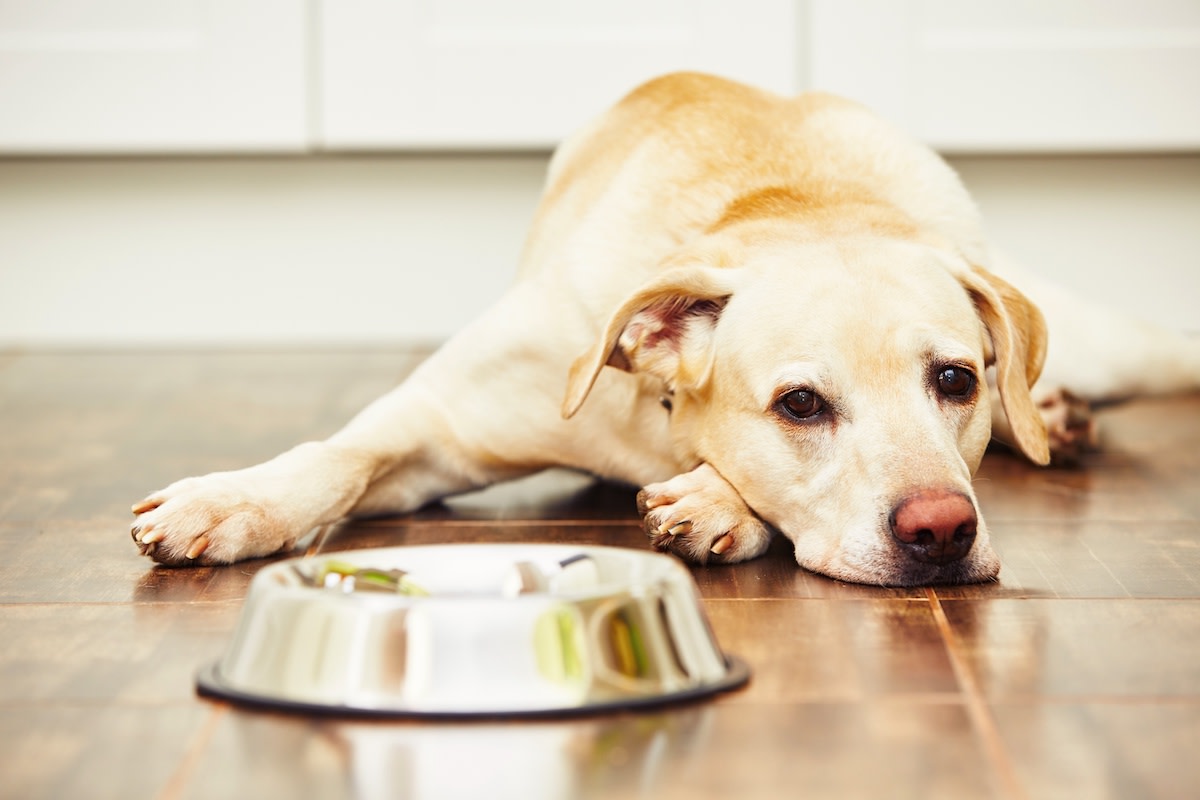Can Dogs Eat Mushrooms? Safe Mushrooms for Dogs
Written by MasterClass
Last updated: Mar 22, 2022 • 2 min read
Certain kinds of mushrooms are safe for dogs and can be beneficial for them. Learn which mushrooms are safe for consumption.
Learn From the Best
Is It Safe to Feed Mushrooms to Dogs?
In general, mushrooms safe for human consumption are also safe for dogs. Avoid feeding your dog wild mushrooms because they may contain toxic compounds that can seriously harm your pet.
Many of the nutritional benefits of mushrooms for humans also apply to dogs. Mushrooms can help dogs maintain healthy bodies and sound immune systems. Mushrooms are chock-full of healthful ingredients, including vitamins and antioxidants. Many species of mushrooms contain vitamin A, vitamin C, various B vitamins, riboflavin, potassium, niacin, pantothenic acid, ergothioneine, glutathione. Mushrooms can be healthy supplements to regular dog food.
Which Mushrooms Are Safe for Dogs to Eat?
It is best to feed your dog organic, store-bought mushrooms to ensure there are no traces of harmful compounds in the fungi. Some pet-safe mushrooms from the grocery store include cremini, maitake, shiitake, portobello, porcini, and white button mushrooms.
If you give your dog a mushroom treat, make sure to give them raw or lightly-cooked mushrooms. Many recipes for cooking mushrooms use a lot of butter, oil, and seasonings like onions, garlic, and herbs, which can upset your dog’s digestive system.
Can Dogs Be Allergic to Mushrooms?
Like people, some dogs have food allergies. As with any new foods to your dog’s diet, monitor your dog after they eat mushrooms. Your pet may be allergic if they experience stomach upset, vomiting, loose stool, rash or hives, excessive panting, face and/or neck swelling, or a rapid heartbeat.
Which Mushrooms Are Unsafe for Dogs to Eat?
Wild mushrooms can be harmful to your dog. Canines are natural foragers and might try to eat mushrooms while out on a walk. Unless you’re a skilled mycologist and able to identify safe species with certainty, keep your pet away from wild mushrooms to prevent a life-threatening reaction.
Poisonous mushrooms include death cap (Galerina marginata), death cap (Amanita phalloides), fly agaric (Amanita muscaria), jeweled death cap (Amanita gemmata), ivory funnel (Clitocybe dealbata), false morel (Gyromitra species), and fibrecap (Inocybe species). Poisonous mushrooms can be hepatotoxic and can cause liver damage or even liver failure after ingestion. Symptoms can be delayed as much as six to twelve hours after ingesting the mushroom.
What to Do if Your Dog Eats Toxic Mushrooms
Common symptoms of mushroom poisoning include excessive drooling or salivation, watery or teary eyes, tremors, seizures, excessive urination, lethargy or weakness, ataxia (staggering or unsteady gait), or severe gastrointestinal upset.
If your dog is experiencing symptoms that you suspect are from mushroom toxicity, call the animal poison control center. You can also contact your nearest animal hospital or your dog’s doctor of veterinary medicine (DVM) for supportive care. There are treatment options depending on what the dog has eaten, how much, and how recently. If you can, keep a sample of the mushroom you think your dog has eaten.
Before Sharing With Your Pooch
Certain human foods can cause adverse reactions in canines, so always consult your veterinarian to determine whether it is safe to add these foods to your pet’s diet. This article is for educational and informational purposes and is not a substitute for medical or dietary advice.
Want to Learn More About Training the Goodest Boy or Girl?
Your dream of having a dog who understands words like “sit,” “stay,” “down,” and—crucially— “no” is just a MasterClass Annual Membership away. The only things you’ll need to train up a well-behaved pup are your laptop, a big bag of treats, and our exclusive instructional videos from superstar animal trainer Brandon McMillan.
